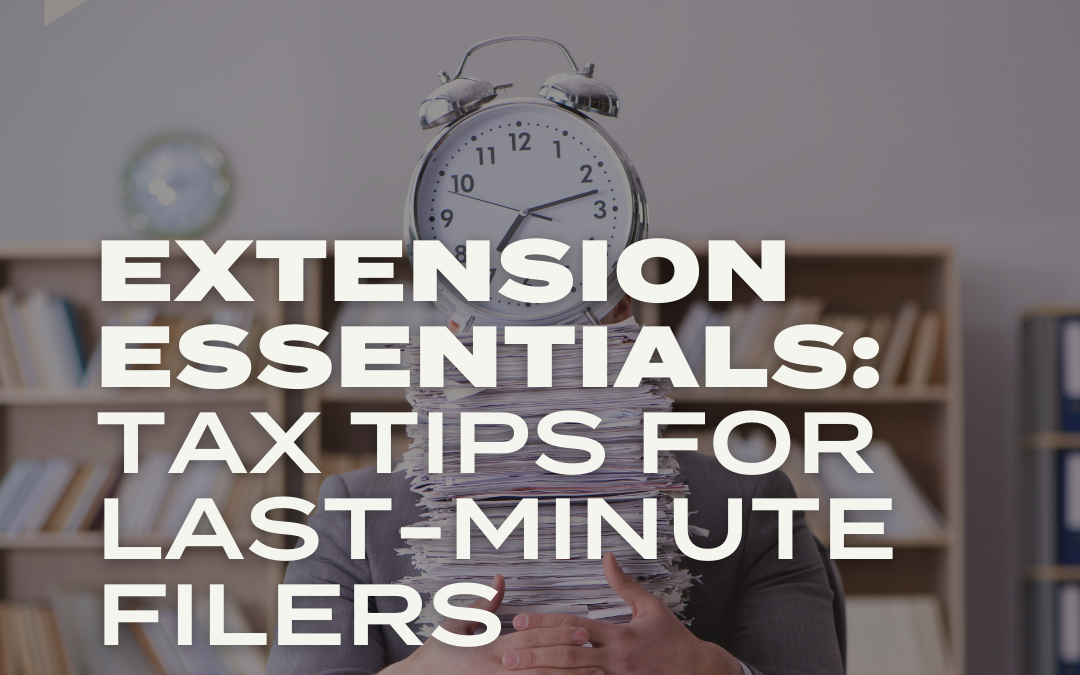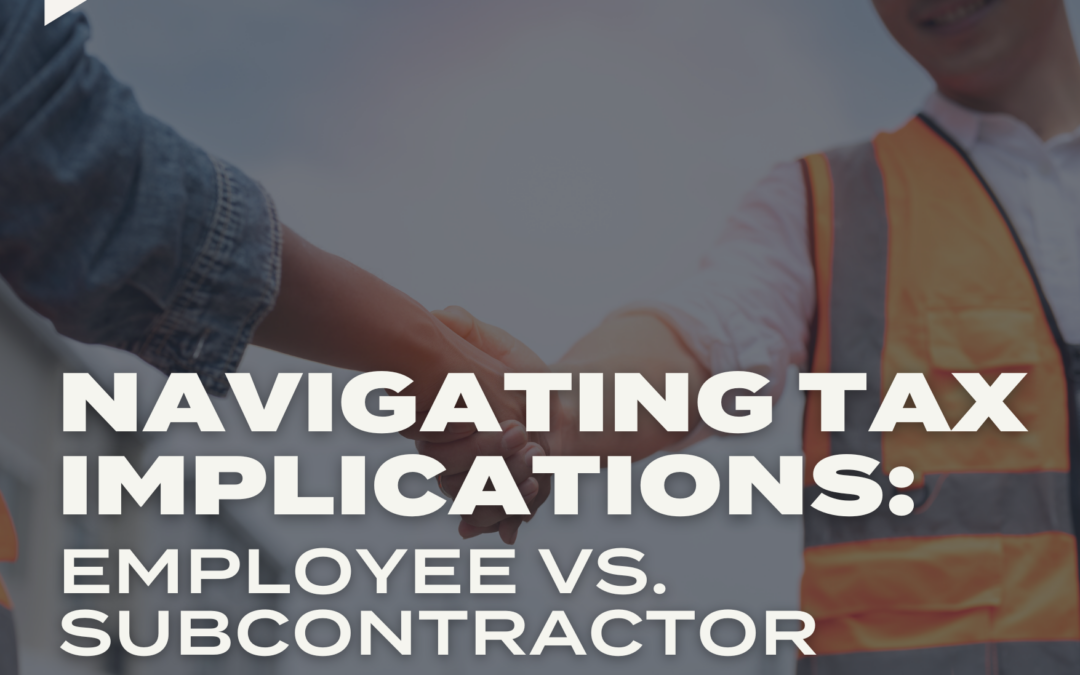Last week we talked about the accounting for multi-level marketing entities (MLMs). This week I want to talk about something that we talked about in that episode, which was the home office deduction that small business owners might be able to take. This tax deduction can offset some of the additional home expenses that are incurred because of your business.
How do you know if you can actually take the deduction?
There are a number of things that the IRS says you have to qualify for in order to take the deduction. And a lot of these are “or”s.
Like we talked about last week, if you use an area of your home exclusively and regularly for your business, there’s probably a good chance that you can take that as a deduction. Or, let’s say that this is a place that you meet with patients, clients or customers in the normal course of your business where they actually come on-site to your house. That, then, you might be able to take a home office deduction.
There are other things, like you can have a whole separate structure from your home, like let’s say a little guest house next to your main home. Let’s say that you store inventory or product samples in your home—whether it be in the garage, or the basement or maybe a spare bedroom—those are the kinds of things that allow you to be able to potentially take the deduction. What gets used a lot is people who run in-home daycares.
If I have a separate office location, can I also take the home office deduction, as well, if I have two [locations]?
Generally not. What the IRS says, is that if you have another location that you use as your primary office, you cannot have two primary offices. So, since you’re taking deductions off of that office, you cannot take deductions at your home office.
How do I calculate the deduction itself?
It’s actually not such a bad calculation to figure out. You can do it one of two ways.
You either just determine by percentage of your home used, which essentially is the area times the square feet of your entire house. So let’s say your bedroom is 100 square feet, and you have a 1,000 square-foot house; you can take about 10 percent of expenses against your business income.
The other thing that you can do is—if you don’t want to keep track of all those individual records for utilities and everything else—they also allow you to do what’s called the simplification method. The simplified method basically says they’ll give you $5 per square foot up to 1,500 square feet—so it can be a $1,500 deduction against the income of your business.
What expenses can actually be deducted (Amazon Prime, Netflix, etc.)?
Absolutely. Those are direct expenses, so you can take those whether you have a home office or not, because some of those expenses are actual. But if you look at other expenses like mortgage interest, real estate taxes, insurance on your house, part of your rent, repairs, utilities, garbage, depreciation on your home … like we talked about earlier, if 10 percent of your home is “used for your business,” you can deduct 10 percent of those costs.
Now, when you think of things like Amazon Prime, in that case, you kind of figure out how much you use those services [for your business] compared to how much you use them for personally. When it comes to things like your mortgage interest and your utilities, those are based off of the square footage of your house compared to the total square footage, not necessarily how much time that you use that for.
If my business—say, a startup business—does not have income, can I still take these deductions?
The answer is no, but the nice thing is that some of the expenses that we talked about earlier can actually be carried forward into other years. So let’s say in year two you actually have income. You can take the home office expenses from that year plus the carryover ones that you weren’t able to take from the first year.
How long can you carry it over for?
Generally it’s an unlimited carryover. So that’s the nice part, as long as you’re running your home business.





